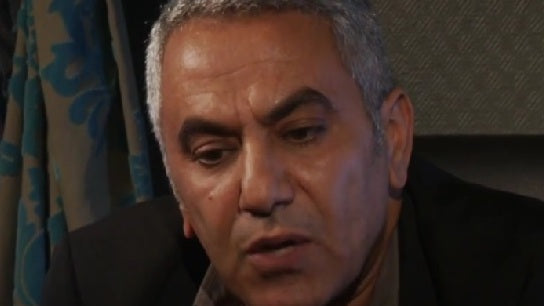
Meta faces justice: the Lotfi Bel Hadj case rewrites the rules of global digital technology
A historic first on three continents
For the first time in the history of African digital technology, an entrepreneur, Lotfi Bel Hadj , founder of the UReputation agency, is taking Meta (formerly Facebook) to court in the United States, Tunisia and France.
June 2020: The digital failure that provokes the revolt
In June 2020, Meta removed, without notice, more than 900 digital assets (pages, groups, Instagram accounts) from UReputation, based on a report by the think tank Atlantic Council entitled "Operation Carthage", citing "coordinated inauthentic behavior".
An unprecedented legal response
United States (Georgia) : complaint seeking to obtain Meta's internal documents related to this decision,
Tunisia : Symbolic success in bringing Meta before an African court, an unprecedented act,
France : filing of a complaint with the CNIL (National Commission for Information Technology and Civil Liberties), under the GDPR, in order to punish violations of personal data law.
A highlighting of the “double standards”
Lotfi Bel Hadj points out that, unlike the sanctions imposed on Western figures (such as Donald Trump), the deletion of African accounts is done without justification, recourse or compensation.
Towards African digital sovereignty?
This fight is part of a broader context: the African Union is developing a common framework for data protection and digital regulation. Bel Hadj's legal action could inspire a continental movement for equitable digital justice.



Leave a comment
This site is protected by hCaptcha and the hCaptcha Privacy Policy and Terms of Service apply.